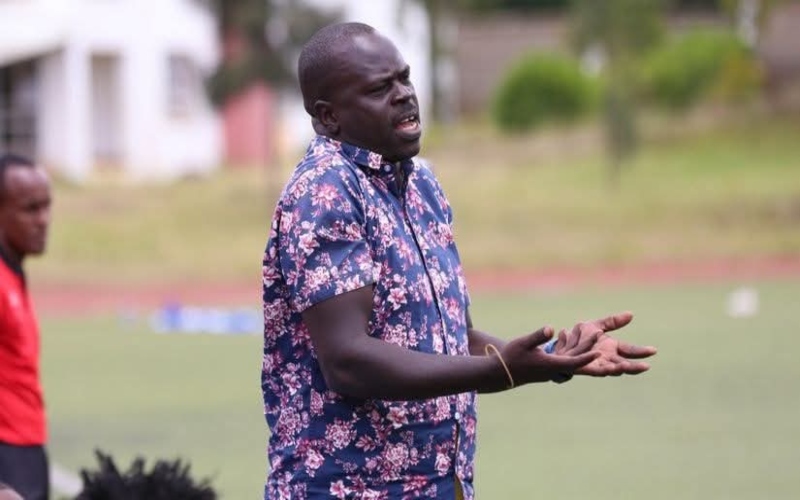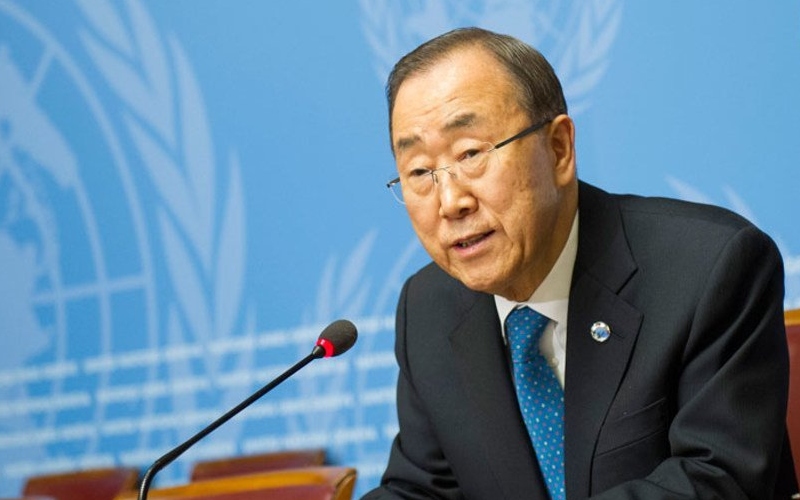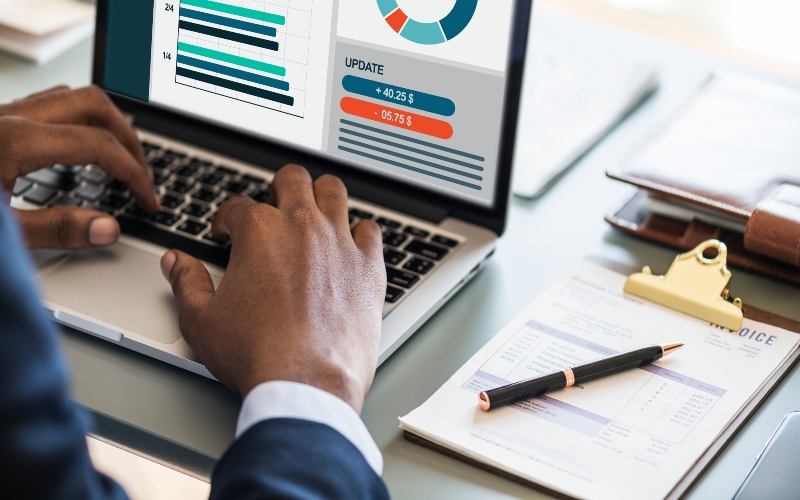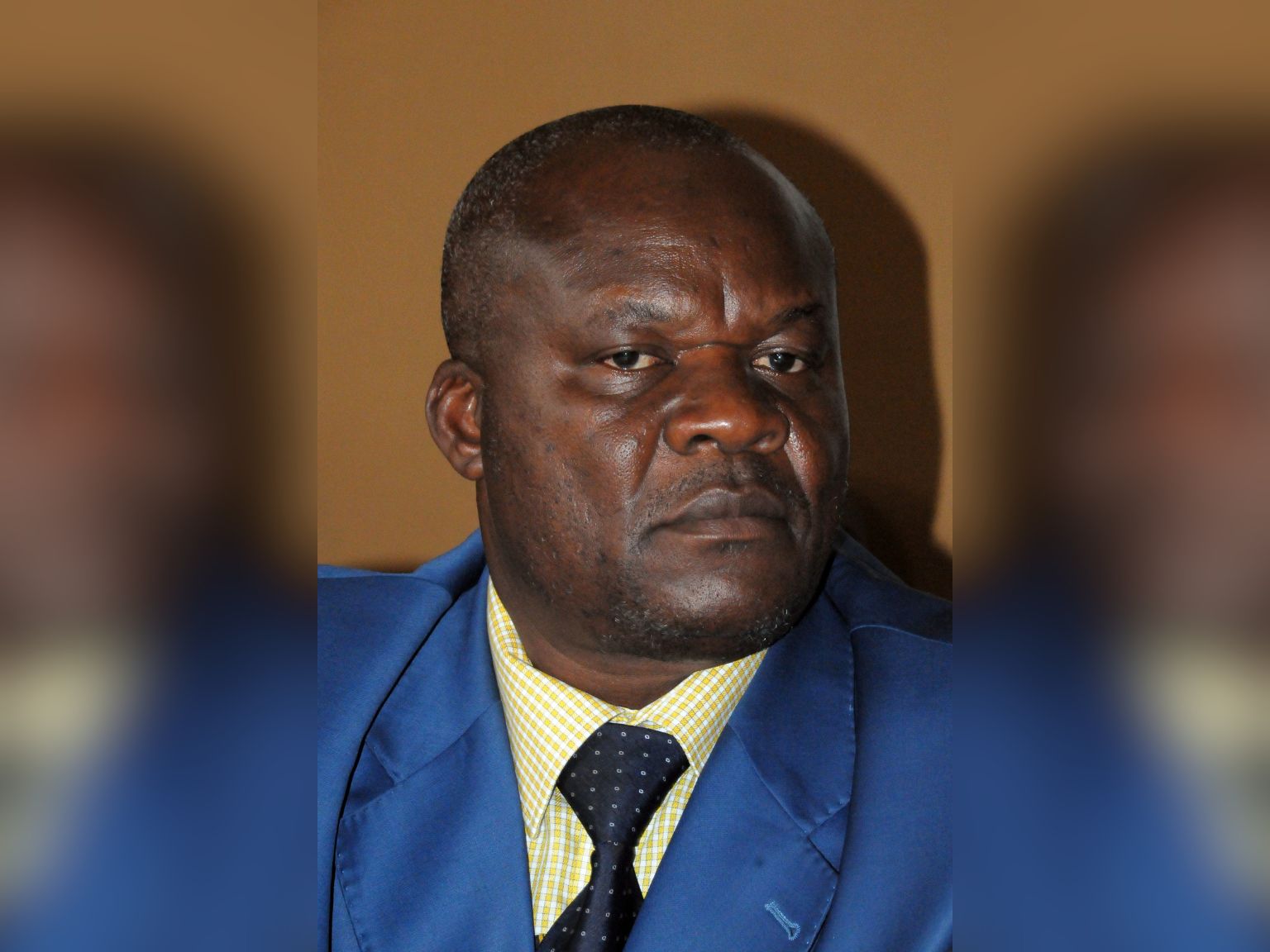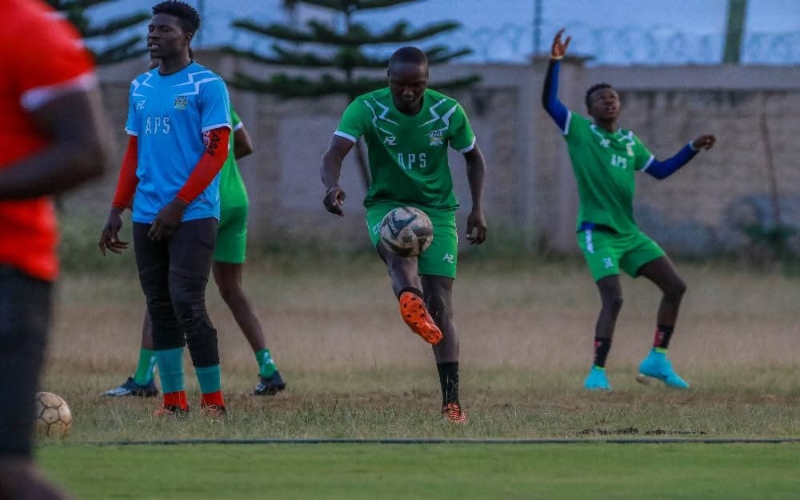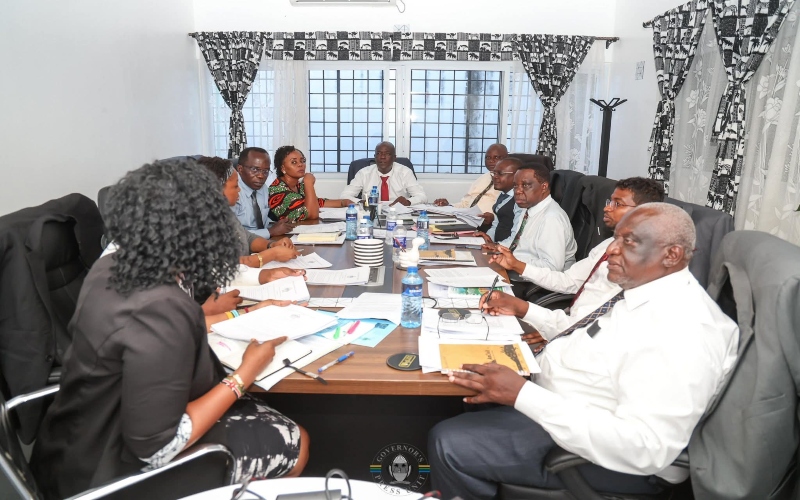The daily unseen struggles of persons with disabilities
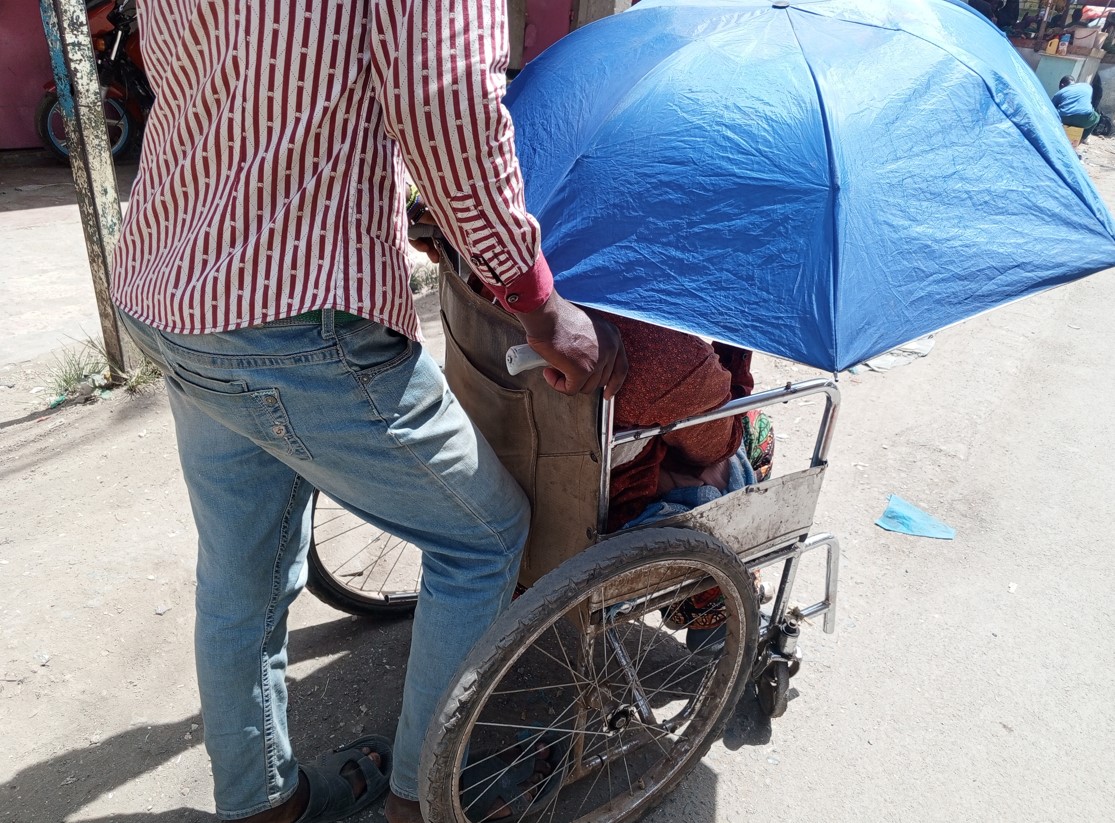
According to the 2019 Kenya Population and Housing Census, 918,270 people aged five years and above had a disability, accounting for 2.2 per cent of the total population.
Nairobi, a city pulsating with life and energy, embodies the dreams and struggles of its diverse inhabitants.
Yet, amidst its vibrancy, individuals living with disabilities face a myriad of challenges as they navigate the urban landscape.
More To Read
- Less than 40 per cent of counties cover health costs for persons with disabilities - report
- Only 4 per cent of public institutions meet disability hiring quota - survey
- MPs push for faster completion of disability equipment factory to improve access to learning materials
- Senators grill Mombasa governor over poor accessibility to public buildings for PWDs
- Senate probes barriers facing PWDs in accessing services in Mombasa County
- PS Oluga warns stigma denying thousands of PWDs vital health services
For Margaret Rajab, manoeuvring through Nairobi's busy streets in her wheelchair is a daily ordeal marked by discrimination and numerous obstacles.
"We're accustomed to it," she shares softly, her voice carrying the weight of countless encounters.
"During peak hours, boarding a bus becomes a battle. Conductors often deem it too inconvenient to assist us."
Crossing the road poses another formidable challenge for Margaret and others like her. With few designated crossing points, they find themselves stranded amidst a relentless stream of traffic.
"We're left to wait," she explains, "hoping for a gap in the chaos. Meanwhile, pedestrians and motorcyclists rush past, oblivious to her predicament."
In Nairobi's informal settlements, where poverty casts a long shadow, many individuals with disabilities resort to begging to survive.
Margaret recounts instances where a simple request for directions is met with suspicion, mistaken for a plea for alms.
"The assumption stings," she confesses, "adding another layer to our daily struggle for acceptance."
Samuel Ayieko, a fellow resident, sheds light on the challenges faced in accessing basic amenities.
"Public restrooms," he reveals, "are often ill-equipped to accommodate those with mobility issues. Cleanliness is a luxury, and assistance is seldom offered by attendants."
In the streets, Ayieko notes the impatience and disregard exhibited by fellow citizens.
"Drivers honk impatiently," he recounts, "ignoring our need for extra time to navigate the terrain. It's a constant reminder of our marginalised status."
Alex Mbugua another person living with disability emphasises the need for representation.
"People with disabilities are differently abled, and it's crucial to ensure fair representation in public spaces," he says.
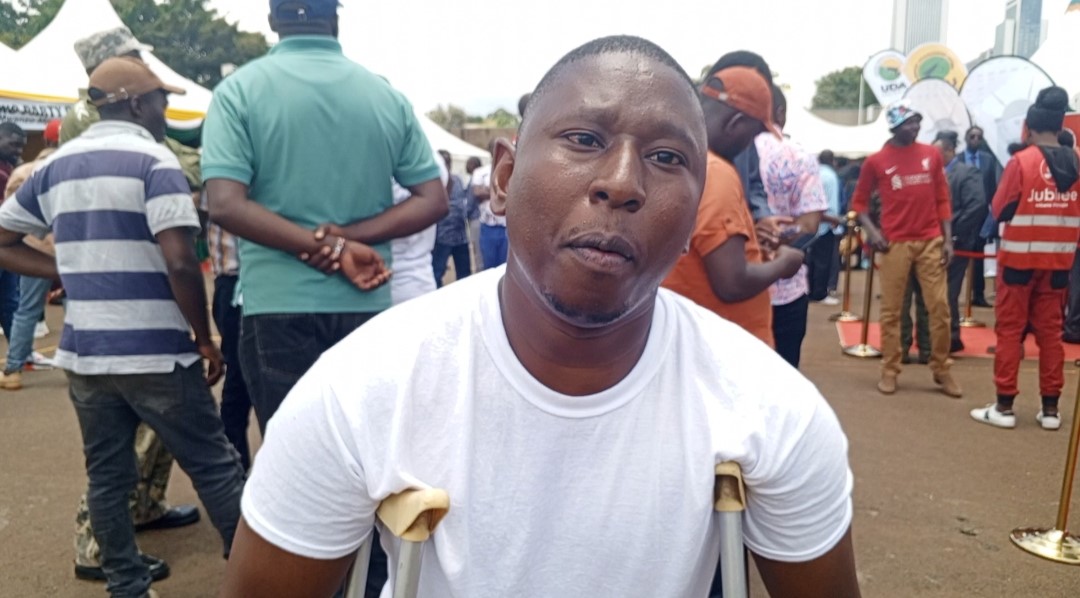 Alex Mbugua. He emphasises the need for representation for persons with disabilities. (Photo: Charity Kulei/EV)
Alex Mbugua. He emphasises the need for representation for persons with disabilities. (Photo: Charity Kulei/EV)
He notes that people with disabilities are differently abled and should not face discrimination in any sectors or services."
"The government is making efforts to accommodate a few, but I believe there is still room for more representation. Persons with disabilities are capable of making significant contributions," Mbugua adds.
According to Paul Butita, a champion for disability rights advocacy, mobility challenges represent a significant barrier for people with disabilities when accessing public places.
"Individuals with disabilities require assistance even to use certain bathrooms or aids," he says stressing the importance of adhering to the rights of people with disabilities since they encounter difficulties in accessing services at various facilities.
"Some constructors neglect considerations for people with disabilities when erecting structures, resulting in inadequate ramps added merely as an afterthought".
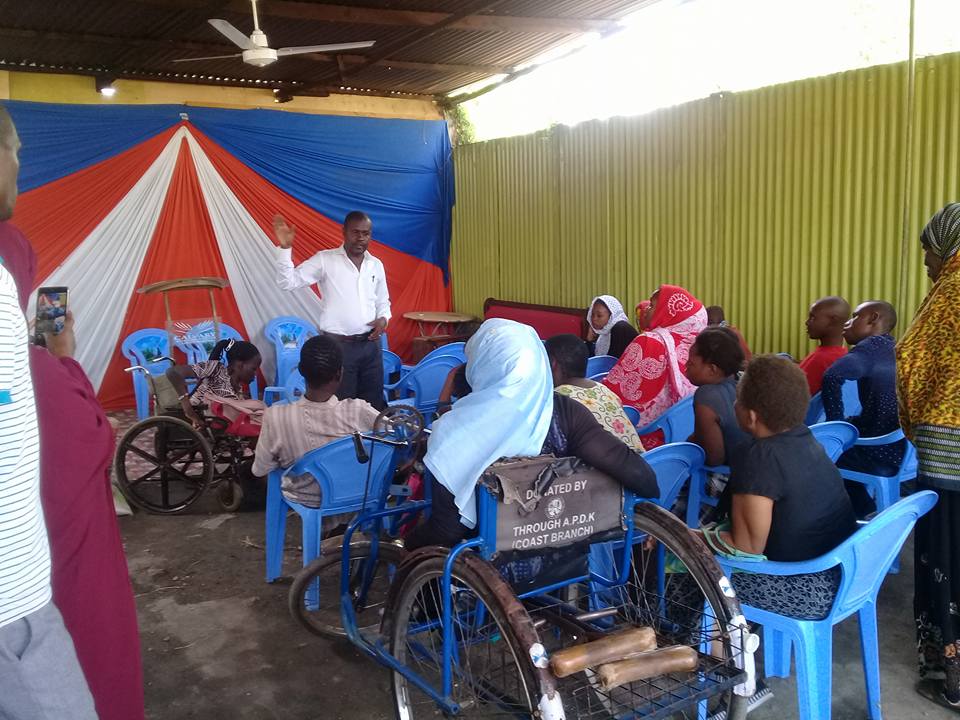 PWDs during a past meeting in Likoni, Mombasa. (Photo: NCPWD)
PWDs during a past meeting in Likoni, Mombasa. (Photo: NCPWD)
Butita acknowledges improvements in inclusivity for people with disabilities, observing an increase in the presence of ramps compared to earlier years when accessibility required individuals to be carried into buildings.
"Inclusion requires collaborative efforts, and while progress has been made in policy implementation, there remains room for further improvement," he says.
"There are a lot of issues with the toilets. Some toilets donated in the informal settlements are inaccessible to persons living with a disability like someone in a wheelchair. We are advocating that it's important to include persons with disabilities even when championing projects like the one for the structure of washrooms in the community."
Kenya has however made strides in recognising the rights of persons with disabilities through enactment of laws and ratifying international conventions.
According to the 2019 Kenya Population and Housing Census, 918,270 people aged five years and above had a disability, accounting for 2.2 per cent of the total population, with more women (523,883) than men (394,330) having disabilities.
Yet, the gap between policy and practice persists, particularly in Nairobi's dynamic urban environment.
In Nairobi's informal settlements, where poverty and inequality intersect, the plight of persons with disabilities is amplified. There is reason for cautious optimism. With concerted efforts and a commitment to inclusivity.
Top Stories Today
